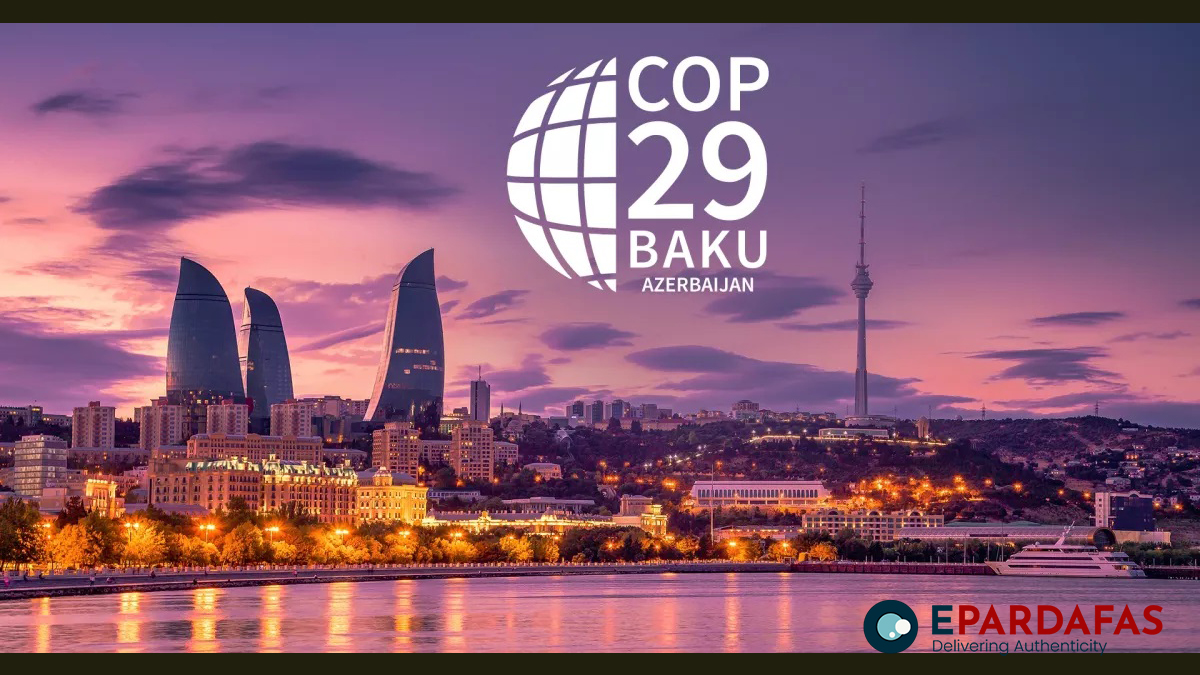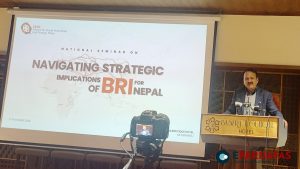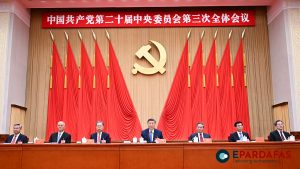
Nepali Delegates Call COP29 Climate Finance Decision ‘Weak,’ Highlight Setbacks for Vulnerable Nations

Nepali representatives attending the 29th Conference of Parties (COP29) under the United Nations Framework Convention on Climate Change (UNFCCC) in Baku, Azerbaijan, expressed disappointment with the climate finance decision unveiled in the New Collective Quantified Goal (NCQG). They criticized the outcome for delaying action on urgent climate finance targets, crucial for addressing the escalating climate crisis.
Unmet Expectations on Climate Finance
Nepal and other Least Developed Countries (LDCs) had advocated for a more ambitious financial commitment, including larger allocations, streamlined access to funds, and timely compensation for nations facing climate-related losses. However, the COP29 decision fell short of these demands, allocating only $300 billion by 2035, far below the $1.3 trillion sought by LDCs.
Dr. Sindhu Prasad Dhungana, Chief of Nepal’s Climate Management Division, labeled the outcomes as insufficient.
“We expected $1.3 trillion in climate finance assistance. The $300 billion committed is neither timely nor justified,” he remarked.
The pledged $300 billion will also be sourced from private and various other channels, raising concerns about the level of direct funding from developed nations.
Criticism of Developed Countries
Climate finance expert Raju Pandit Chhetri emphasized the reluctance of developed nations to increase climate finance commitments.
“Rich nations have once again extended deadlines and avoided ambitious targets, leaving vulnerable nations like Nepal in jeopardy,” he said.
Chhetri highlighted that the agreed $300 billion is not an annual allocation but a cumulative target for 2035, which undermines the urgency of addressing climate adaptation and mitigation.
Dr. Popular Gentle Bhusal, another expert, warned that Nepal’s Nationally Determined Contributions (NDCs) and adaptation plans may face delays due to the insufficient funding.
“Without adequate financing, Nepal’s plans to reduce carbon emissions and limit global temperature rise will remain unrealized,” he noted.
LDCs Express Dissent
On the final day of the summit, the Group of Least Developed Countries issued a formal reservation, accusing COP29 of neglecting the needs of climate-sensitive nations. They described the decision as a triumph for wealthy countries and a setback for the most vulnerable.
Understanding the NCQG
The New Collective Quantified Goal (NCQG) aims to enhance the financial framework post-2025, addressing the failures of developed countries to meet the $100 billion annual target set for 2020. It seeks to secure sustainable and accessible financial flows for adaptation, mitigation, and addressing loss and damage.
Climate expert Manjeet Dhakal underscored the importance of the NCQG:
“The NCQG must address the real needs of developing nations by ensuring sustainable financial resources for their climate resilience and sustainable development.”
A Missed Opportunity for Climate Action
As the COP29 outcomes are being scrutinized, Nepali delegates and experts remain firm that the delayed and modest commitments will hinder Nepal’s efforts to combat the adverse effects of climate change. The lack of ambition in climate finance continues to challenge the global pursuit of equity and effective climate action.
Pragati Dhakal/RSS












Comments